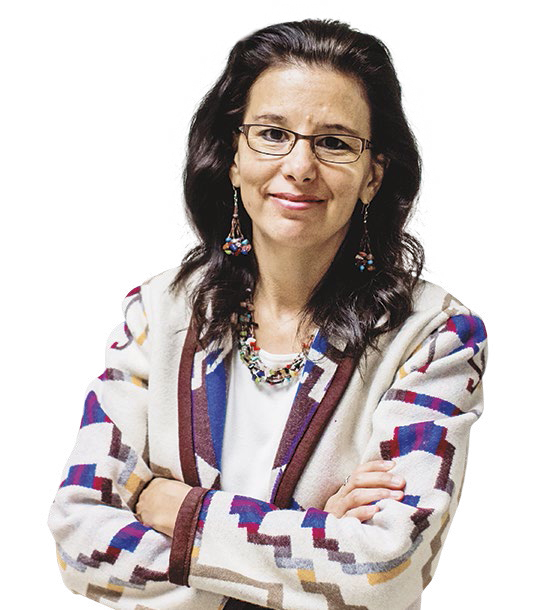
In economic terms, the legal market makes no sense. On one hand, we have millions of Canadians who need legal help but can’t afford a traditional lawyer. And, on the other, we have hundreds of junior lawyers looking for work. Economic theory suggests that new lawyers should see in those millions of people a sea of potential clients, to whom they could sell legal advice at a cheaper rate. But that’s not happening. Why not? Because new lawyers, even if they wanted to do that, don’t know how to practise law. After all, they never learned in law school.

Angelique EagleWoman, dean of Lakehead University’s faculty of law
The four-year-old faculty of law at Lakehead University, in Thunder Bay, Ont., is trying to change that. “All our courses are practical-skills based,” says Angelique EagleWoman, dean of the law school. “From day one, students learn how to deliver oral arguments, conduct bail hearings, draft contracts and write opinion letters.” That curriculum is bolstered, in third year, by a four-month work placement. On graduation, students don’t have to article. As soon as they pass the bar, they’re lawyers.
By churning out practice-ready grads, explains EagleWoman, society no longer has to rely on senior lawyers to subsidize the practical-skills training of recent calls. And it means grads can practise right away, as sole practitioners or junior associates, and serve those in need.
The plan is working. Its first class graduated in the spring of 2016 and within five months 48 of its 58 graduates had full-time law jobs. Thirty-three were working as associates, mostly in northern-Ontario cities, such as Thunder Bay, Sudbury and Sault Ste. Marie. “I’m delighted with these numbers,” says EagleWoman. In our region, we need more lawyers doing good work. And so far, that’s what we’ve been able to achieve.”

This story is from the 2017 edition of PrecedentJD Magazine
Photo of Thunder Bay: iStock
Photo of Angelique EagleWoman courtesy of Lakehead University
